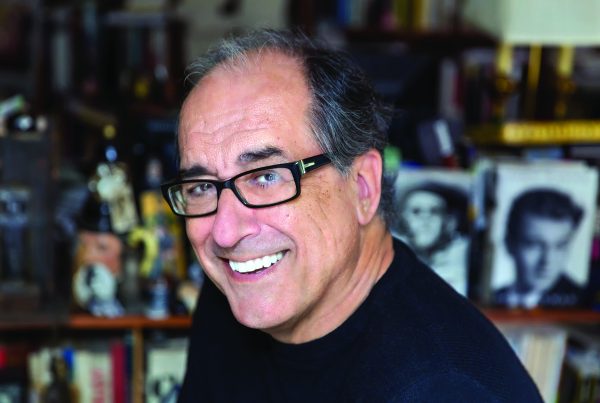January marks the beginning of a new year, and it’s also Human Trafficking Awareness Month. While it’s an issue that should be discussed any time of the year, we tackled this issue and the ongoing legislative struggles to prosecute traffickers in Boca magazine.
Survivor Cindy Alvarado bravely told us her story about being trafficked from Costa Rica for years. We could have filled the entire issue on the topic—human trafficking is complicated, messy, spans borders, and misunderstood. But one thing is for certain, it has to stop.

Somy Ali, founder of No More Tears
To continue this conversation, we sat down with Somy Ali, the founder of No More Tears, a nonprofit that aids victims of human trafficking and domestic violence.
Florida is third in the nation for human trafficking—does this surprise people?
Yes, they are in absolute disbelief. They do not realize that every eight blocks, someone is either a victim of labor or sex trafficking.
What is the biggest misconception the public has about human trafficking?
That this is a third-world problem. Along with “Why can’t they just leave or run away?”
The victims who come to you, how did they typically fall into trafficking?
Many are lured online wanting to be models or stars, kicked out of their homes for telling their parents that are gay, or are sexually abused at home, run away and then fall into the hands of traffickers. The traffickers are very skilled and seek the vulnerable.
Are there any particular cases that have left a mark on your memory?
One is of a girl who was trafficked by her parents to a human trafficking sexual ritualistic camp. It began when she 5 years old. She even saw another victim suffocate to death in front of her when she was 16. The abuse was something I had never seen in 11 years of doing this work. She lost her 8-year-old brother at this camp. Now, she’s thriving as a graphic artist and has been under our care since last year.
Another case is a of young male victim who was thrown out of his home by his parents because he told them he is gay. He was then lured in by traffickers in Fort Lauderdale and was trafficked for five years. One organization he went to in order to seek help forced him to abide by their rule of conversion therapy. He was kicked out when he refused to listen to them. He is now under our care and studying to be a criminal justice attorney. He is doing unbelievably well.
What is the recovery process like for a survivor?
The most important tool is counseling, which we provide the minute they are under our care. In addition to that, a barrage of immediate services, which include every aspect of growth and recovery. They have to know that none of this is their fault—in many cases, the families blame them and deem it prostitution. But since we have simultaneous and numerous services, they begin healing within a couple of months. Of course, each survivor is different when it comes to recovery. Many of them go on to become speakers and advocates for our organization as well.
To learn more about human trafficking or get help, contact No More Tears at 954/324-7669 or visit nomoretearsusa.org.
This story comes from our December 2018 issue of Boca magazine. For more content like this, subscribe to the magazine.







